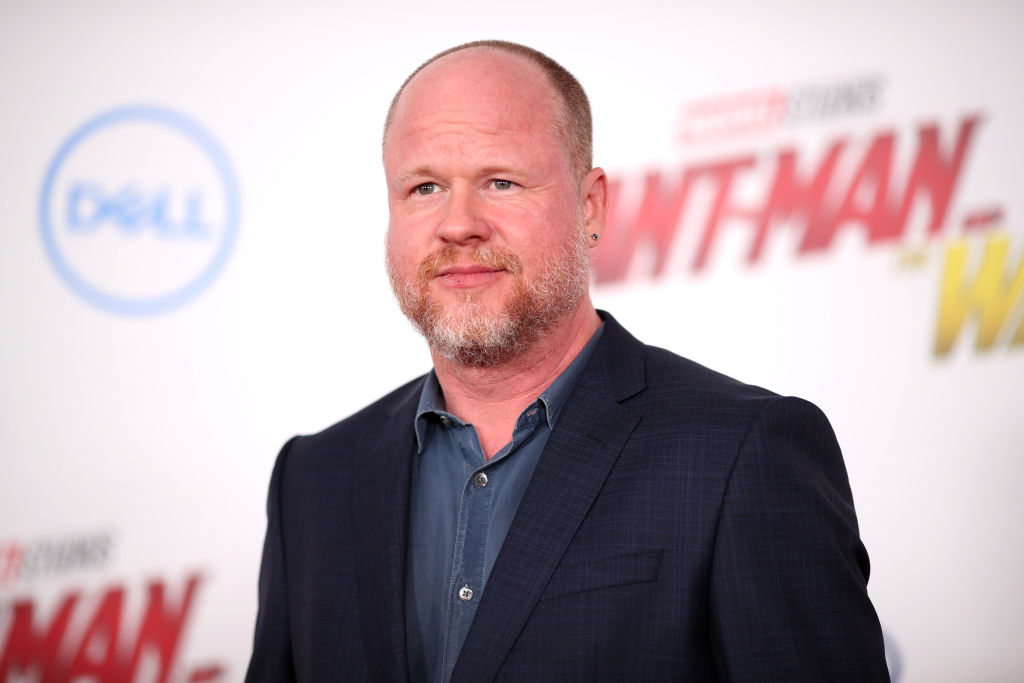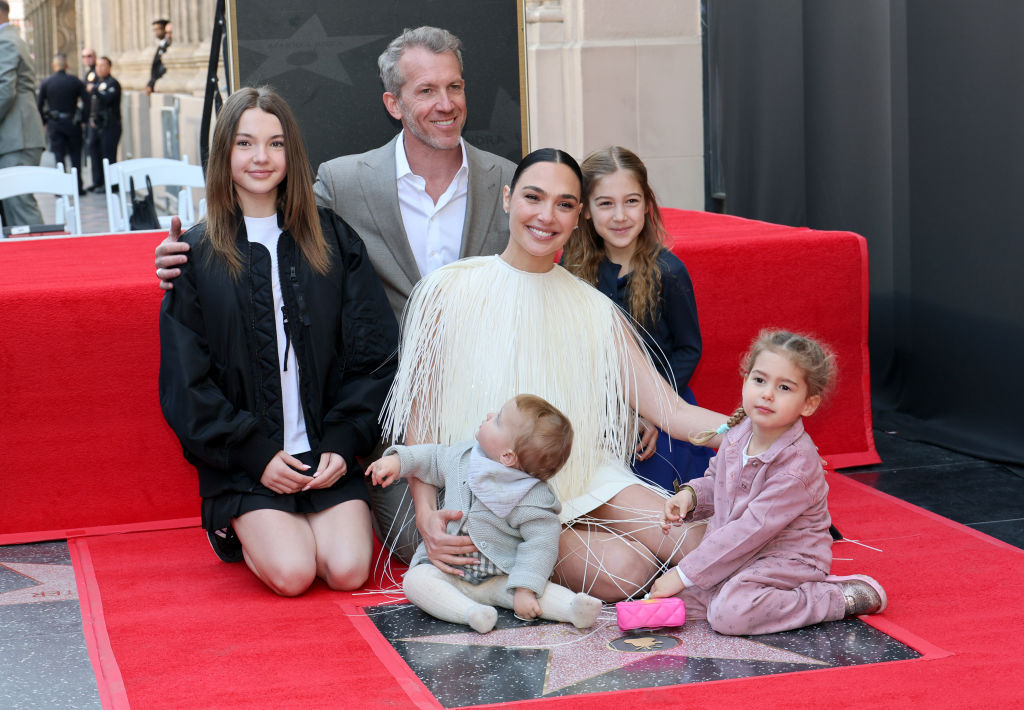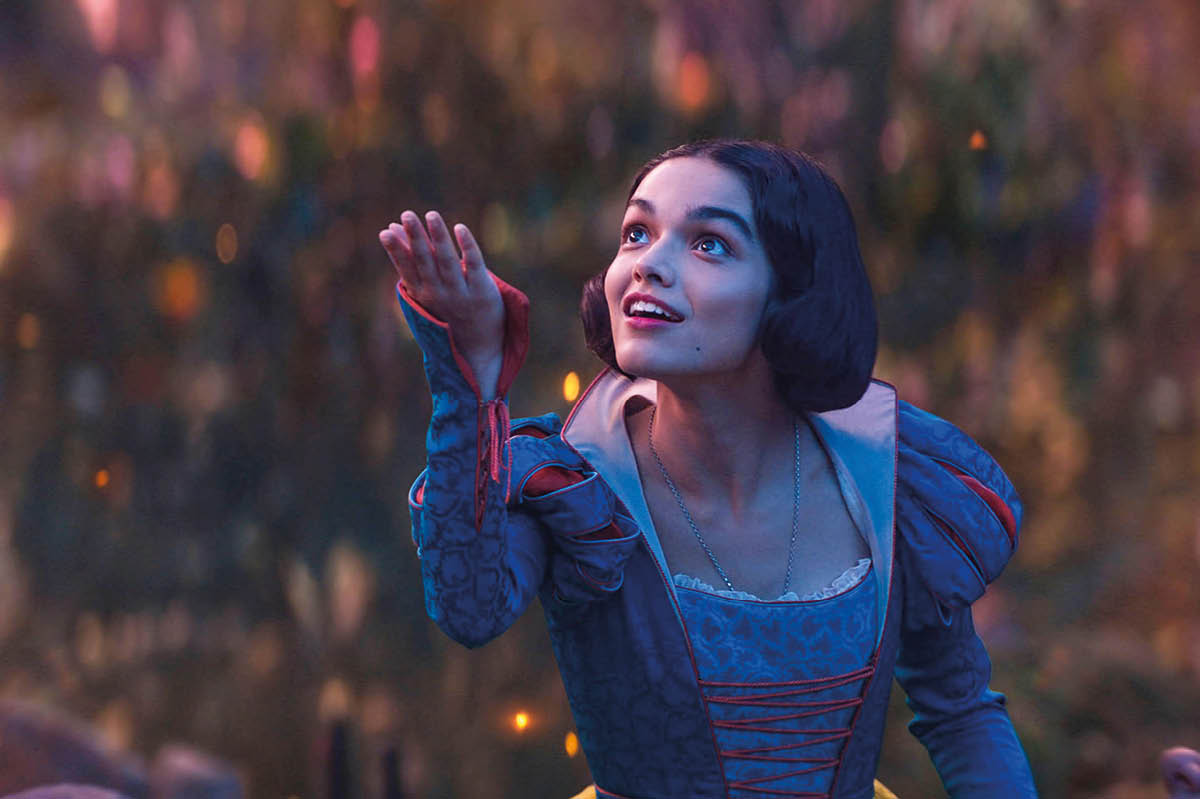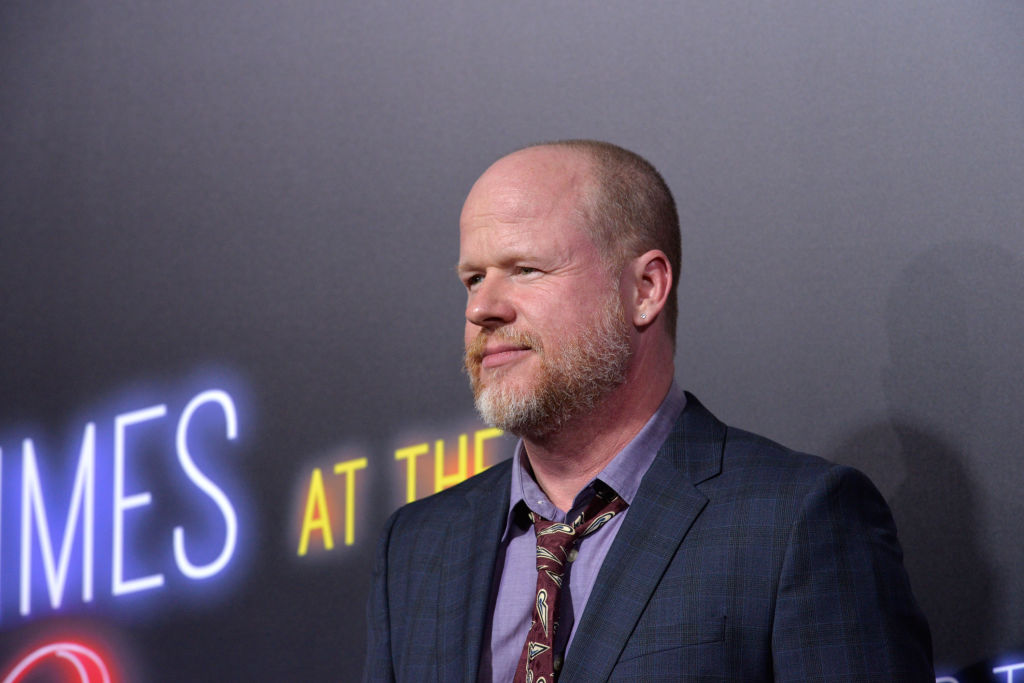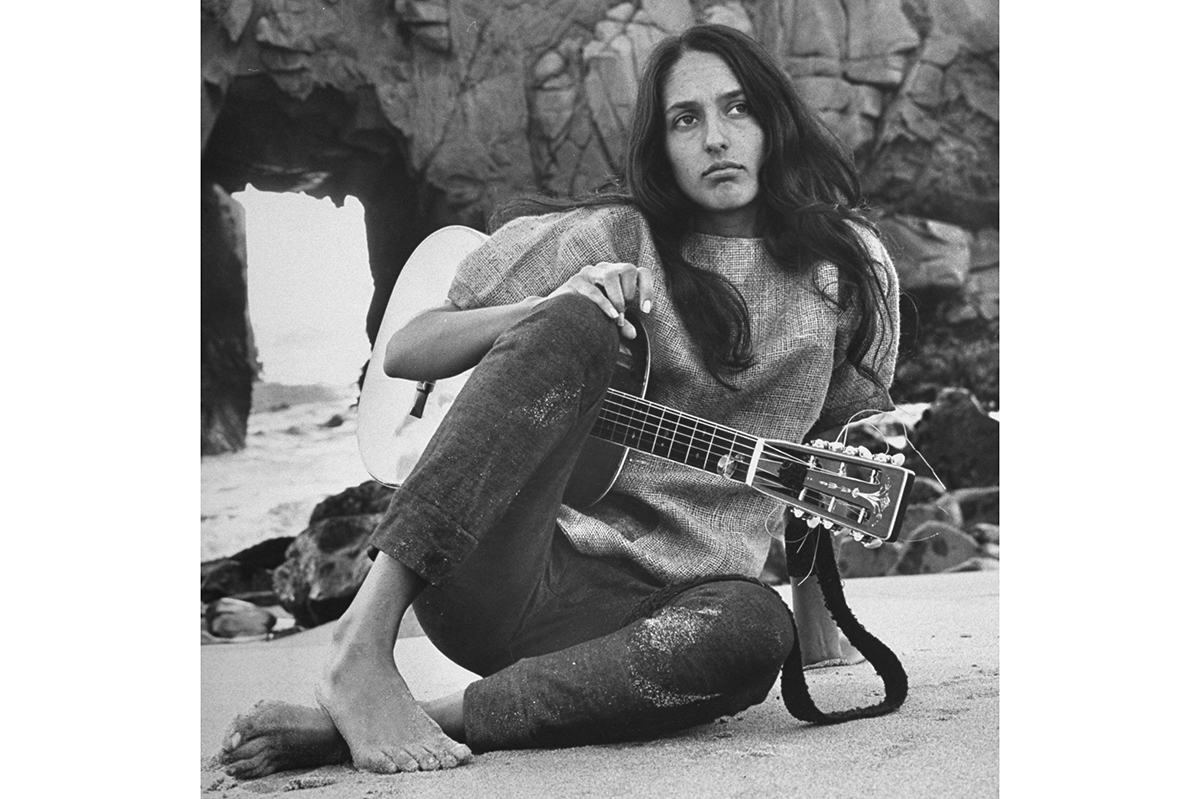This summer will mark the tenth anniversary of The Avengers, the superhero mash-up film that arguably kicked off the endless rolling shenanigans that now dominate our multiplex screens year after year. Nonetheless, it remains one of the more entertaining examples of its kind, thanks to its witty script by writer-director Joss Whedon.
One might expect to find Whedon and company reunited for various examples of backslapping bonhomie over the next few months, except that the filmmaker is now persona non grata to the highest extent.
The stories about his downfall are well known, and include allegations of bullying, sexual exploitation and general maltreatment of colleagues and former employees alike. In an attempt to rehabilitate what remained of his reputation, Whedon offered a series of candid and exculpatory interviews to New York magazine, for a piece that was titled “The Undoing of Joss Whedon.”
The title had a meta quality to it: not only did it refer to the anger and horror with which Whedon’s previous actions were greeted, but also to the damage that he dealt his “brand” with his unfiltered and unguarded comments. It was probably not a good idea to refer to the actor Ray Fisher, a prominent detractor of his, as “a malevolent force…a bad actor in both senses,” or to dismiss Gal Gadot, now a major star, by saying that she had misunderstood him, as “English is not her first language, and I tend to be annoyingly flowery in my speech.”
Reaction to Whedon’s confession has been universally appalled. As Vice’s headline put it, “Joss Whedon Denies Racism Charges by Saying Black Man Is Just a White Man’s Pawn.” If Whedon had hoped that his once-fervent and vast fanbase would rise up to defend him, they have been silent. Announcing now that one is an admirer of Whedon’s work, which includes everything from Buffy the Vampire Slayer to script doctoring on the likes of Speed and Toy Story, is tantamount to confessing to fascist sympathies. There is no way back into the public eye for Whedon.
Nonetheless, I wonder if his career really is over. Hollywood loves a comeback for the penitent — look at Mel Gibson — and although his New York interview saw him crash and burn, it is telling that he was still able to summon up the cultural cachet for people to care about him. (I couldn’t write this piece about Armie Hammer, for instance, whose bewildering downfall has been matched by a complete lack of regret at his disappearance from our screens.) One cannot be a cult figure for decades and not leave an impact on viewers of all ages. So I would not be surprised to hear that Whedon once again finds himself discreetly taking on behind-the-scenes work. Perhaps he already has.
This would be a mixed blessing. He remains a hugely talented writer, whatever one makes of his obvious psychological and social issues. His shows Buffy the Vampire Slayer, Firefly and others have been influential for the right reasons, even if his recent behavior has all but nullified that impact. There are undoubtedly studios that would be happy to work with him, under the radar, even if more socially conscious filmmakers, especially female ones — ironically enough, given his former self-declared status as a woke feminist — might refuse to collaborate on any project he has touched.
So, like his disgraced peers, Whedon is faced with a choice: taking on work that he might consider beneath him or exile from an industry that he once bestrode like a colossus. Judging by his recent interview, the choice may already have been made for him.



